Market Share
Iceland Sustainable Chemicals Market Share Analysis
In Iceland Sustainable Chemicals Market's dynamic landscape, positioning strategies for market share are crucial in the success and sustainability of businesses. There has been a growing demand for sustainable chemical alternatives in Iceland due to its commitment to environmental stewardship. One common differentiation strategy is through product innovation or eco-friendly alternatives. Companies try to develop chemicals that meet industry standards while supporting national sustainability ambitions, too. Through providing innovative options with minimized environmental impacts, they strive to achieve a unique market niche with environmentally conscious consumers as their target market segments. This approach enlarges the company's share within its specific target market, as well as achieving Iceland's broader goals toward sustainability at a large scale through business operations over time. Outside of that, in the Iceland Sustainable Chemicals Market, strategic partnerships and collaborations are key in market share positioning. In most cases, these involve tie-ups with research institutions, environmental agencies, or other companies so as to enjoy the advantages of synergies. This makes it possible for them to be ahead of others in terms of sustainable practices, innovation, and competition. Another major role played is pricing strategies that help the manufacturer position their products well in the market shares. However, sustainably manufactured products normally have increased production costs, forcing companies to think about making such solutions affordable. To gain a wider customer base, implementing competitive price structures and incentives like discounts on bulk purchases or loyalty programs improves the chances of such happening. It also helps cultivate brand loyalty while at the same time giving businesses a foothold on the market by catering to different consumer groups. When it comes to the sustainable chemicals industry in Iceland, transparency and certification are important tools for market position. Customers are increasingly concerned about the impact of their purchases on both social aspects and the environment. Organizations that disclose their supply chains, production processes, and sustainability certificates become trusted by clients. Hence, this clarity assists organizations in enhancing the credibility of brands, making them leaders in responsible business practices and leading to larger shares.


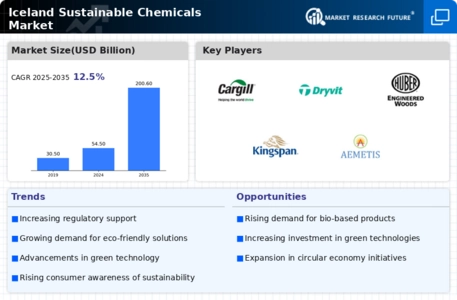
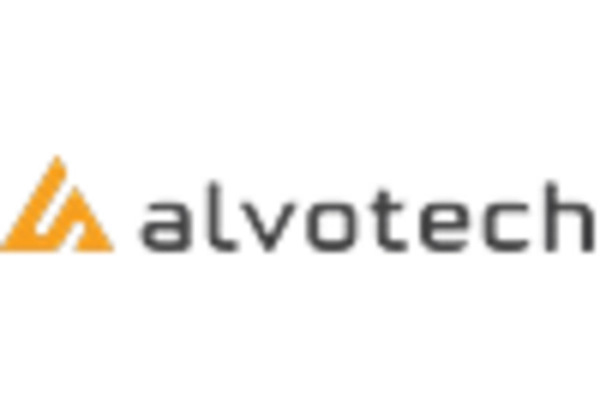
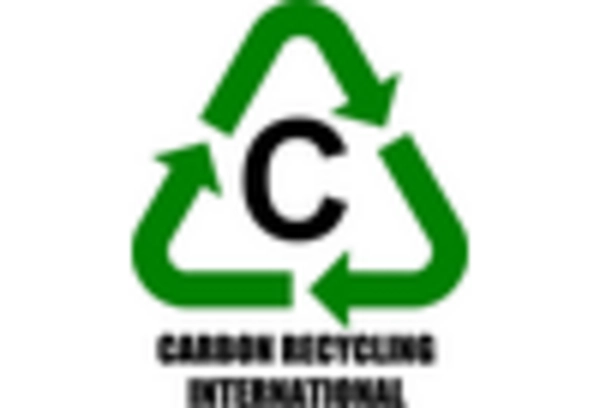
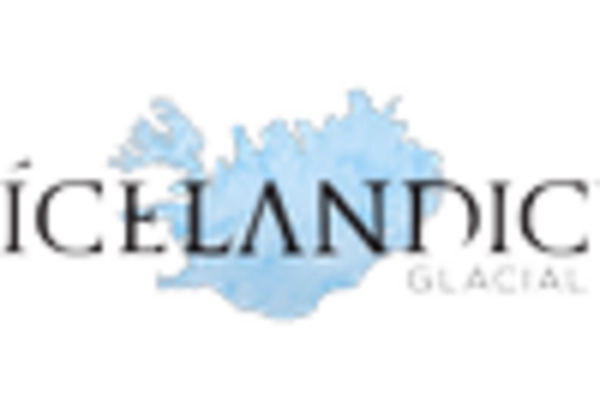
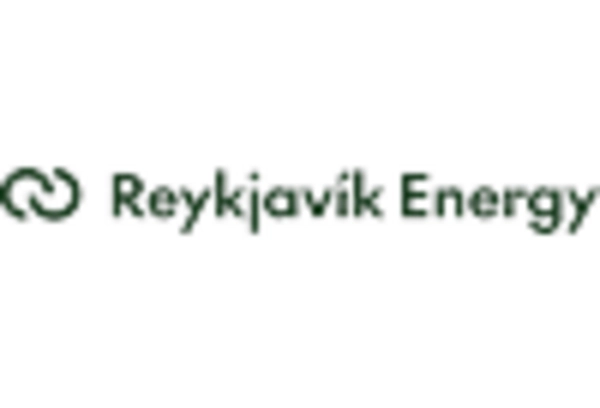
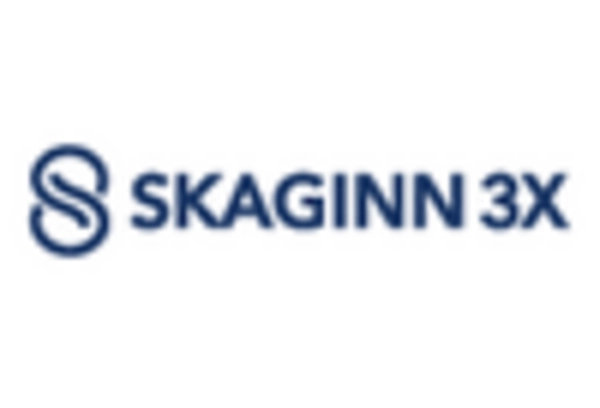
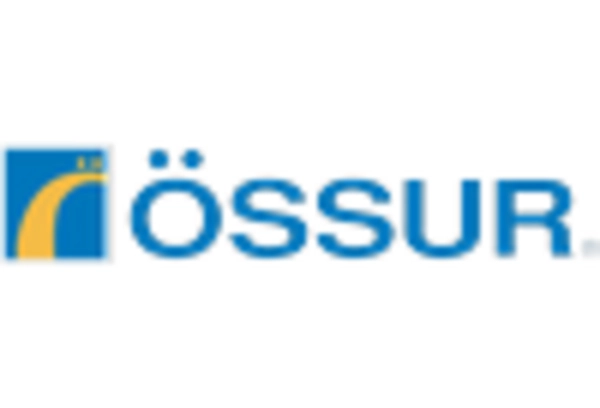









Leave a Comment